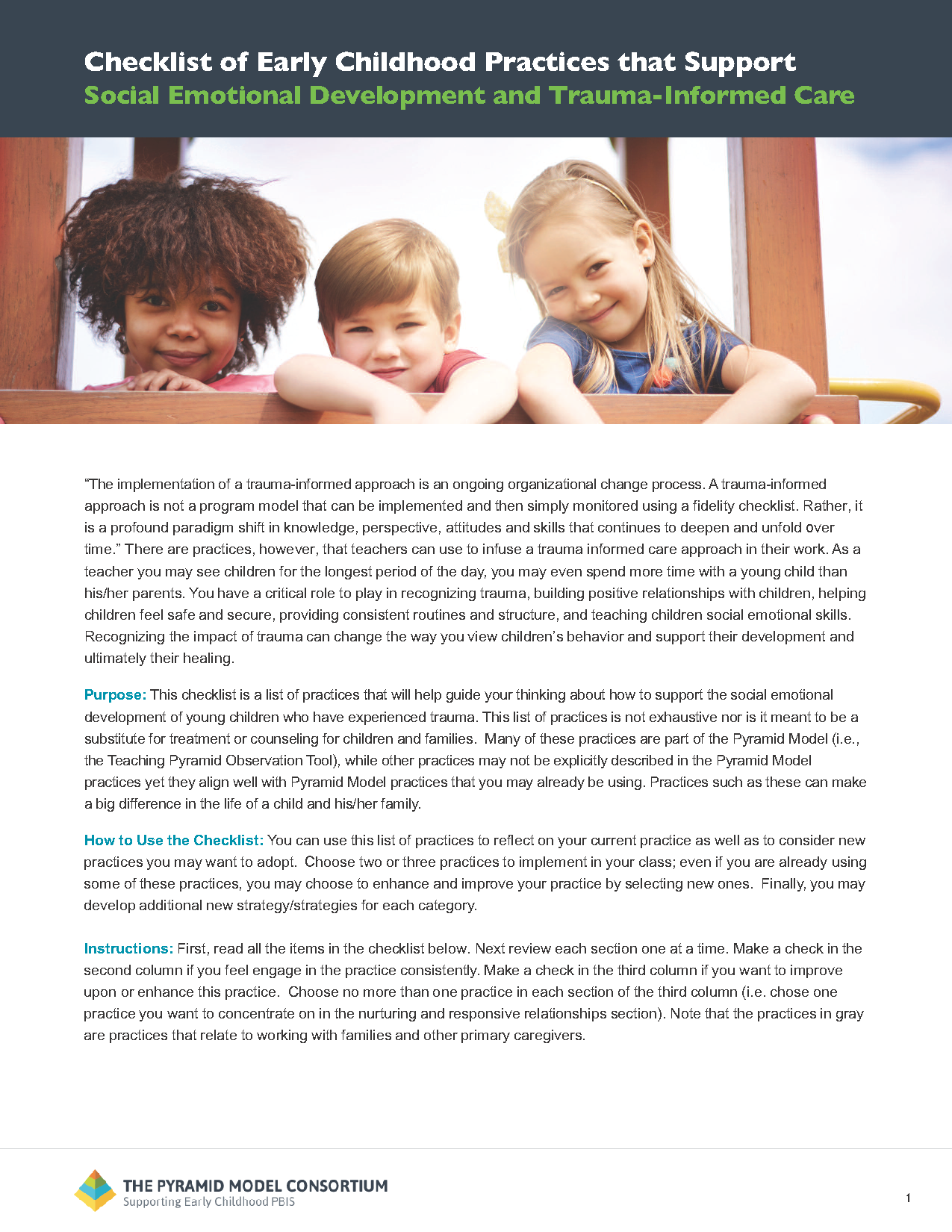A coach is someone who guides another person to develop a new skill or build competence and expertise. Coaching is a partnership that occurs because both parties are willing and agree to work together.
Coaching is…
- A collaborative and iterative process
- Focused on building skills and competencies
- Reliant on observation and feedback
- Goal-directed
- Outcomes driven
There are two types of coaches guiding Pyramid Model implementation: Program Implementation Coaches and Practitioner Coaches.
Program Implementation Coaches vs Practitioner Coaches
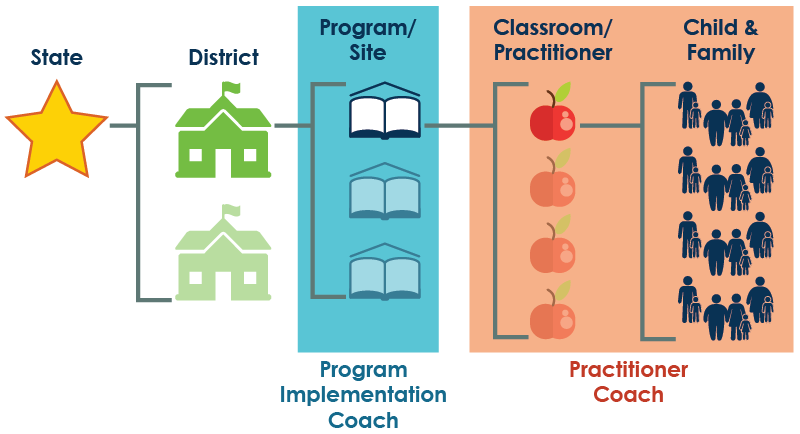
| Program Implementation Coach | Practitioner Coach |
| Program/Community Level | Classroom Level |
| Provides coaching and guidance to the Program Leadership Team and practitioner coach. | Uses Practice-Based Coaching (PBC) to support practitioners in their implementation of Pyramid Model practices. |
| Supports program-wide implementation. | Collaborates with practitioners to identify needs and set practice implementation goals. |
| Provides updates to the State Leadership Team about programs and their implementation needs and progress. | |
| Learn more about Program Implementation Coaches | Learn more about Practitioner Coaches |
Related Resources
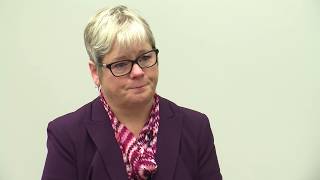
Principal Dr. Marilyn Torley, of the Clifton Early Learning Academy, explains how the Pyramid Model helps her to better support classroom teachers.

Principal Dr. Marilyn Torley, of the Clifton Early Learning Academy, explains how the Pyramid Model helps her to better support classroom teachers.
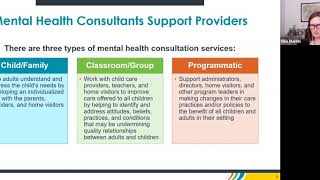
Infant and Early Childhood Mental Health Consultation (IECMHC) is emerging as an evidence-based intervention for supporting young children’s social and emotional development and addressing challenging behaviors. IECMHC aims to improve the ability of staff, families, programs, and systems to prevent, identify, treat and reduce the impact of mental health problems among children from birth to age 6 and their families. IECMHC occurs within the context of a collaborative relationship between a consultant with mental health expertise and early care and education provider, and/or a family member (Cohen & Kaufmann, 2000). In this webinar, we explain the relationship and role between IECMH consultants and Pyramid Model coaches. We also discuss how coaches can identify when they might need the support of a mental health consultant, and how to locate resources when the staff, families, or children they are working with require access to mental health supports.

Pyramid Model Classroom Coach Raquel Lima how embracing collaboration between the Program Leadership Team, staff, and families leads to positive outcomes.

Pyramid Model Classroom Coach Raquel Lima how embracing collaboration between the Program Leadership Team, staff, and families leads to positive outcomes.
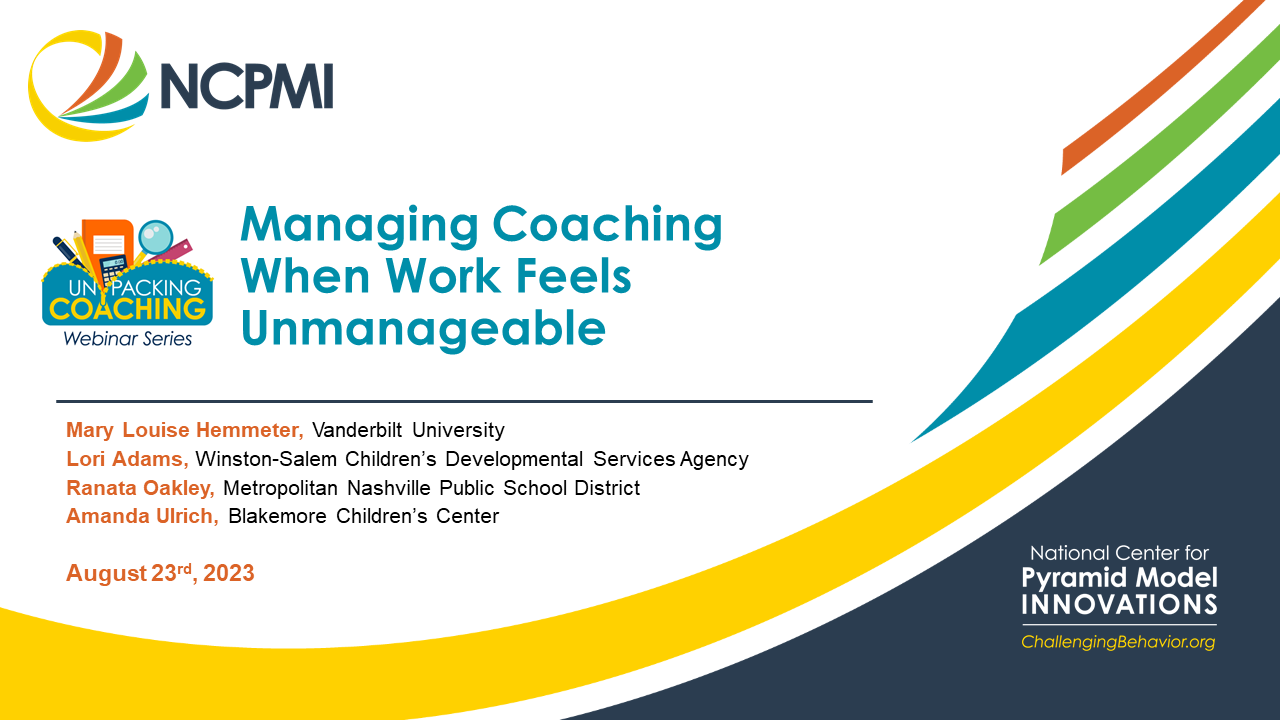
The pandemic magnified weaknesses in early childhood settings that we are still trying to figure out. Programs report feeling overwhelmed with staff turnover, an uptick in reported challenging behavior, and an increase in the need to support staff wellness. With all of this going on, coaching sometimes gets put on the backburner. But what if there was a way to reimagine how we can keep coaching to build staff capacity despite these challenges? Join our webinar to hear reflections and solutions from coaches who have coached staff in kindergarten, childcare, and early intervention settings as they share their experiences navigating coaching when everything else feels unpredictable.
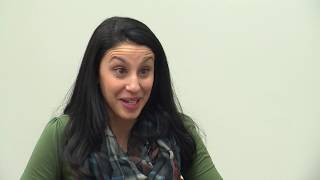
Pyramid Model Classroom Coach Raquel Lima describes children’s positive outcomes after implementing the Pyramid Model.

Pyramid Model Classroom Coach Raquel Lima describes children’s positive outcomes after implementing the Pyramid Model.

Pyramid Model Classroom Coach Raquel Lima discusses using data in the coaching process.

Pyramid Model Classroom Coach Raquel Lima discusses using data in the coaching process.
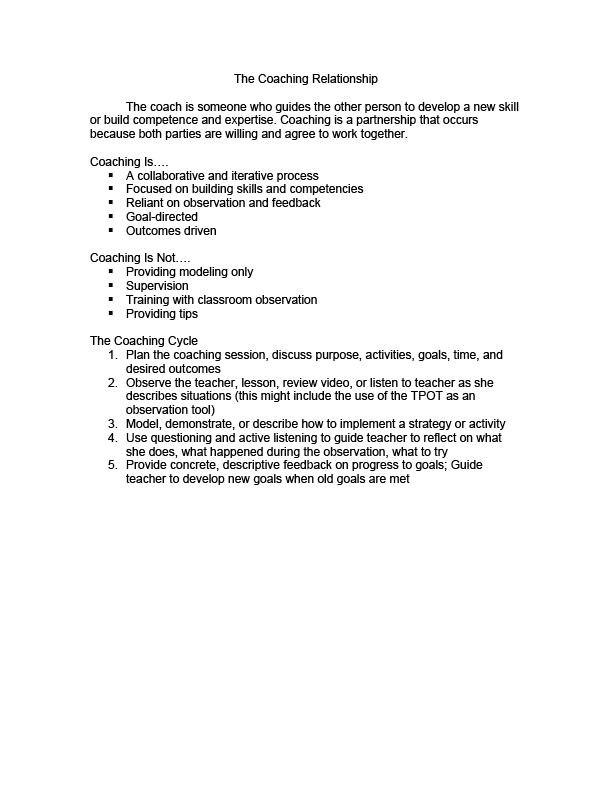
The coaching relationship is unique! It is the mechanism for delivering support to a teacher for the implementation of Pyramid Model practices. This handout provides a review on what coaching is and what coaching is not.

